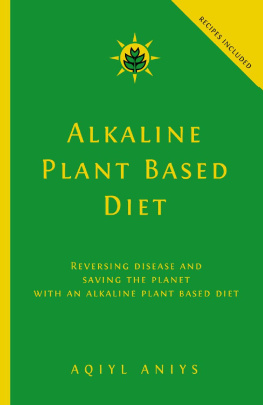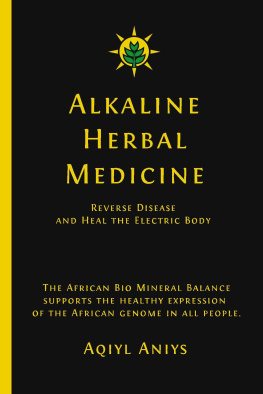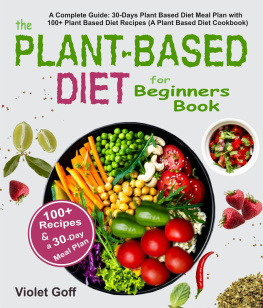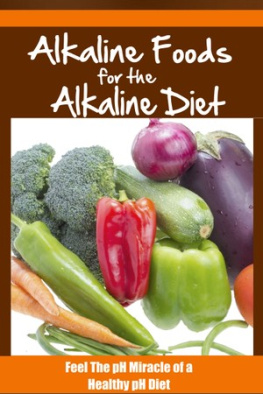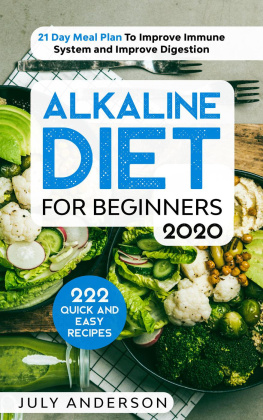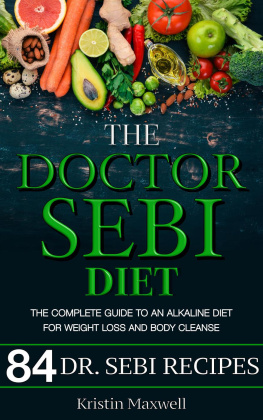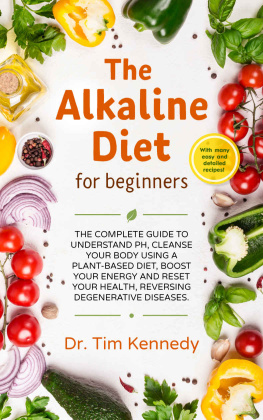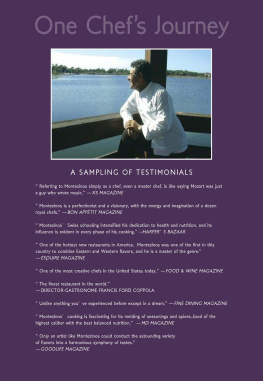Thanks to The Unity and Sustainer of Life for letting me grow to understand the tremendous awesomeness of your oneness a little bit more.
Chapter 1:
ANIMAL PROTEIN undermines health
I started my alkaline plant based journey by accepting the herbalist Dr. Sebis methodology of healing. Acidifying and mucus producing foods were the cause of disease, which were meat, dairy, and processed foods. The consumption of meat, dairy, and processed foods promoted an acidic environment that supported the proliferation of disease and undermined healthy organ function Non-GMO and minimally hybridized-plant foods alkalized the body and produced an environment that was inhospitable to disease. They also oxygenated the body and supplied minerals and phytonutrients that supported healthy organ function.
While I was on my journey of healing, I continued to research to build upon what I learned about natural plant foods and herbs in Dr. Sebis methodology. I participated in Dr. Colin Campbells plant based nutrition certificate program, and it gave me a scientific perspective to compliment the traditional medicinal views I learned. The program corroborated Dr. Sebis view about the detrimental effect the consumption of animal protein has on the body.
Dr. Colin Campbell was previously an avid promoter of the consumption of animal protein. He thought consuming meat and dairy would be a the most economical way of combating malnutrition in the world. His changed his views as he developed his great epidemiological study, the China Project. His research opened his eyes to the benefits of a whole food plant based diet. Dr. Colin Campbells research made it clear to him that animal-protein was not the savior he thought it was.
The promotion of the consumption of animal protein was motivated by research done on animal protein and plant protein in 1914. The researchers studied the effects of rats consumption of animal protein and plant protein. They noticed the rats grew rapidly while eating animal protein, and other studies done during that time showed the same results. The researchers concluded animal protein was superior to plant protein in supporting proper nutrition because it supported accelerated growth.
Since animal-protein has a similar makeup to our own, the body synthesizes it more easily promoting faster growth. Though plants also contain the building blocks we need, they do not contain them in the ratio that supports quick synthesis and fast growth. The researchers hypothesized that since plant protein promoted slower growth, it had less biological value than animal protein.
As a result, animal-protein was labeled a high-quality protein and was given a Class A protein classification. Plant protein was given a Class B classification, and over time plant protein was overlooked and forgotten. This led to vegans and vegetarians being asked, Where do you get your protein? The consumption of animal protein became entrenched in the American social paradigm from that time forward and was associated with one having better health. Health organizations started to support meat consumption as being necessary in supporting optimal health, because of meats ability to promote accelerated growth.
The issue with promoting meat consumption is it also supports the proliferation of cancer. Scientists have known about the association between meat consumption and cancer development for a long time. It was difficult to establish causality, which allowed industries vested in the sale of animal products to leverage advertising, marketing, and even lobbying to maintain animal protein as being the most important nutrient.
Animal protein remained king, even after numerous studies showed the consumption of animal protein supported cancer development. Dr. Colin Campbells studies showed there was a sharp increase in cancer development as animal protein consumption went from 10 percent to 20 percent of the diet.
More recently, Frances Moore Lappe, author of the popular 1971 book Diet for a Small Planet , promoted eating a vegetarian diet to combat world hunger, but she was concerned the diet wouldnt supply the variety and quantity of protein needed to support health. Her concern reinforced the idea that plant protein was inferior to animal protein, but she did state you could address its shortcoming with food combining. She concluded that vegetarians could be healthy only if they ate foods combinations to supply all the essential amino acids (proteins) needed.
Lappe reversed her views, stating, In 1971 I stressed protein complementarity because I assumed that the only way to get enough proteinwas to create a protein as usable by the body as animal protein. In combating the myth that meat is the only way to get high-quality protein, I reinforced another myth. I gave the impression that in order to get enough protein without meat, considerable care was needed in choosing foods. Actually, it is much easier than I thoughtIf people are getting enough calories, they are virtually certain of getting enough protein.
The idea of food combining is still around today, even though it was proven scientifically to not be true. Though Lappe changed her views about food combining in her later editions of Diet for a Small Planet , the damage had been done because proponents of the consumption of animal protein used her position to reinforce the superiority of animal protein. It was firmly etched in the minds of most people that animal protein was the king of nutrients and that we needed to eat a lot of it to be healthy and strong.
Organizations like the American Dietetic Association also had to reverse their views of food combing and the inferiority of plant protein. Plant sources of protein alone can provide adequate amounts of the essential and nonessential amino acidsConscious combining of these foods within a given meal, as a complementary protein dictum suggests, is unnecessary. Even with these major organizations changing their position on the consumption of animal protein being superior, the thought of its superiority is still strong, and plant protein is still often an afterthought.
It wasnt until 2015 that the WHO collected enough data to evaluate the carcinogenicity of the consumption of processed meat and red meat as being detrimental to health. A group of WHO scientists reviewed more than 800 studies researching the diets of people of diverse ethnic backgrounds across multiple countries and continents. The evaluation presented sufficient evidence to strongly link the consumption of processed meat with an increased risk of colorectal cancer. The evidence also showed a positive association with the increased risk of developing stomach cancer.
This prompted the World Health Organization to classify the consumption of processed meat as carcinogenic to humans, a group 1 classification which places the consumption of processed meat in the same classification as cigarettes, alcohol, and arsenic. The WHO also classified the consumption of red meat as being probably carcinogenic to humans, a group 2A classification.
These studies in combination confirmed that the consumption of animal protein promotes the proliferation of cancer, and that plant-protein is suitable and preferable for controlling growth and cancer development. They also made scientists rethink their early conclusions that animal protein was superior to plant protein.
Even though scientists and health organizations reversed their positions on animal protein, its consumption and promotion remains firmly embedded in the Western diet. The meat industry does a great job of self-preservation and promoting the consumption of animal-based foods.

